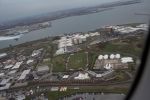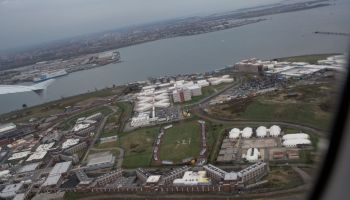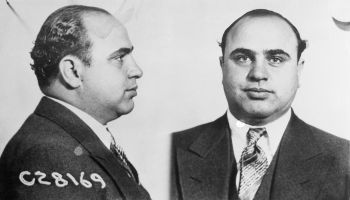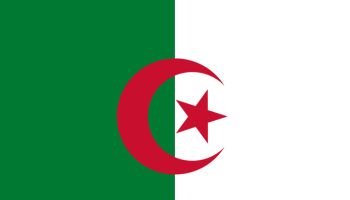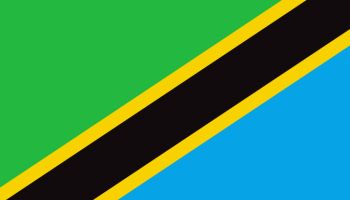VIA THE WASHINGTON POST:
A new D.C. law means the Rev. Mary Kay Totty can now marry same-sex couples. But in the United Methodist Church, the denomination that ordained Totty two decades ago, the act could get her defrocked.
Totty, 46, said she’s willing to take the risk.
“The institutional church has for so many years oppressed and excluded and harmed our [lesbian, gay, bisexual and transgender] sisters and brothers,” Totty said. “We have to say: ‘Enough already. These are people’s lives and loves that we continue to exclude from the fullness of life in the church.’ ”
Nineteen other current and former United Methodist clergy in the District have signed a statement supporting Totty and Dumbarton UMC, the small, liberal congregation that she has pastored since July. Many others campaigned to legalize same-sex marriage in the city. But only Totty has been willing to put her job on the line.
“It’s very hard,” said the Rev. Dean Snyder, who supports Totty and leads Foundry United Methodist Church, one of the city’s largest Methodist congregations, where one in four members is gay or lesbian. “We have no desire to defy the larger denomination; at the same time we want to minister to all members of our congregation.”
As gay rights spread through civil society, an increasing number of clergy are, like Snyder, caught by conflicting loyalties, forced to choose between church law and civil law in pastoring to their gay and lesbian congregants.
The District’s large gay population — it has more same-sex couples per capita than any state — and its spotlight as the nation’s capital only intensify the issue.
“My heart breaks for them,” said the Rev. Amy Butler of Calvary Baptist Church, “because they do not know what to do.” Butler said Calvary, which will marry gay and lesbian couples, is reassessing its ties with several Baptist denominations, including the conservative Southern Baptist Convention.
Most of the country’s large Christian denominations consider homosexuality unbiblical and prohibit clergy from officiating at same-sex weddings.
In the Presbyterian Church (USA), for example, the Rev. Jane Spahr was brought up on church charges this month for marrying a lesbian couple in California in 2008, when it was briefly legal in the state. Church courts in the 2.3 million-member PCUSA have ruled against pastors who presumed to marry same-sex couples, though “blessing” such unions is allowed.
“It certainly gives us pause,” said the Rev. Jeffrey Krehbiel, pastor at D.C.’s Church of the Pilgrims, a PCUSA church that has offered “services of Holy Union,” to gay couples for several years. “You are taking a risk if you publicly perform gay marriages because you don’t know the consequences.”
In the Evangelical Lutheran Church in America, the nation’s largest Lutheran denomination, the conflict is not between church and civil laws, but within the church itself. One policy, reaffirmed in 2005, says there is “no basis” in Scripture or tradition for establishing rites for blessing gay couples. Last summer, though, the ELCA voted to commit to “finding ways to allow congregations” to recognize same-sex partnerships.
So, which policy should D.C. Lutherans follow? “That’s exactly what we’re trying to figure out,” said Bishop Richard Graham of the Metropolitan Washington, D.C. Synod. “This is a live issue for us.”
- Sudan: Entertainment, Food, Languages, Places To Visit + More
- Egypt: Entertainment, Food, Languages, Places To Visit + More
- Algeria: Entertainment, Food, Languages, Places To Visit + More
- Morocco: Entertainment, Food, Languages, Places To Visit + More
- Tunisia: Entertainment, Food, Languages, Places To Visit + More

